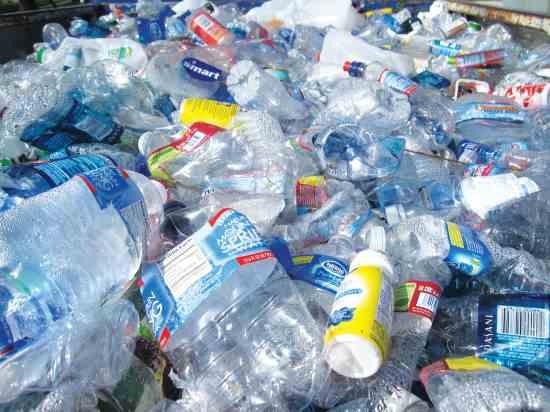The 300 million tons of plastics created and discarded annually consume 6 to 8 percent of the crude oil and natural gas produced worldwide. These polymers are a tremendous untapped domestic resource for the production of chemicals and new materials. As a feedstock, their potential could be unlocked through upcycling, but current and conventional catalysis methods do not provide the necessary chemical transformations. Our research mission is to create a new generation of catalysts that enable chemical upcycling of energy-rich macromolecules. Our approach focuses on the synthesis of new catalytic materials designed to break specific bonds in the backbone of macromolecules, selectively producing valuable molecular products. The multidisciplinary team creates these new catalysts, studies their performance in polymer upcycling catalysis, and interrogates their modes of operation on molecular and nanometer scales employing a combination of advanced spectroscopy, kinetic measurements, simulations, and multiscale theoretical models.
This research is a multi-institutional collaboration supported by the U.S. Department of Energy, Office of Basic Energy Sciences, Division of Chemical Sciences, Geosciences, and Biosciences through Ames Laboratory.
Principal Investigator: Aaron Sadow
Co-PIs: Marek Pruski, Igor Slowing, Wenyu Huang
Staff Scientists: Frederic Perras
Post Docs: Alexander Paterson, Shaojiang Chen
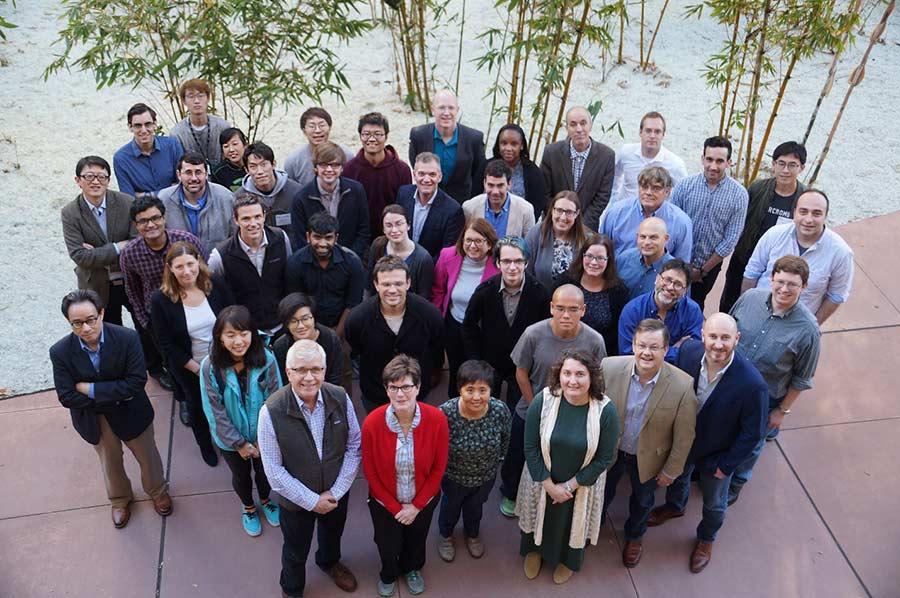
News & Highlights
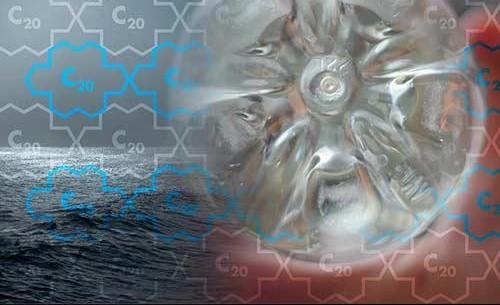 In the News
In the News
Ames Lab chosen to lead new Energy Frontier Research Center
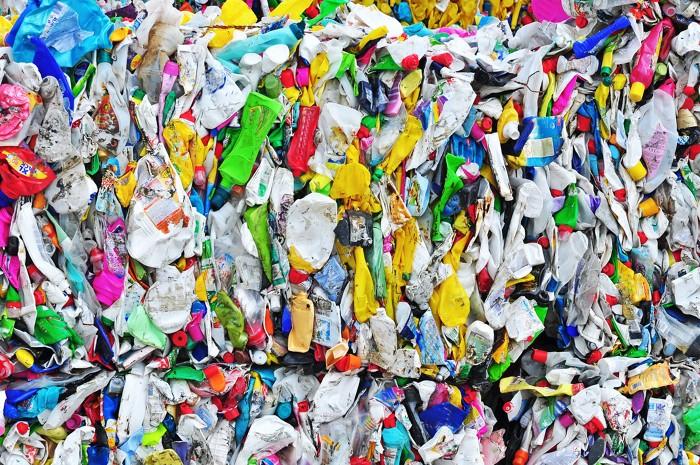 In the News
In the News
Rethinking the science of plastic recycling
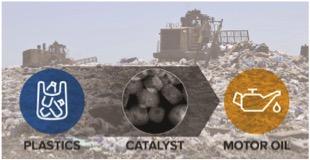 Research Highlight
Research Highlight
Catalyzing the Transformation of Waste Plastics into Value-Added Products
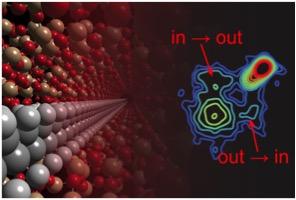 Research Highlight
Research Highlight
Rapid Threading of Polymers through Mesoporous Silica for Bioinspired Catalytic Polymer Upcycling
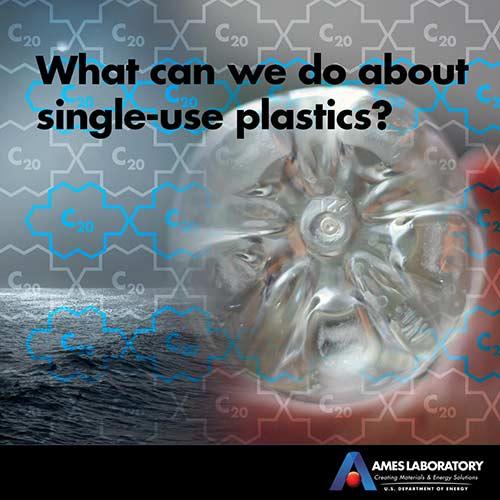 News Release
News Release

